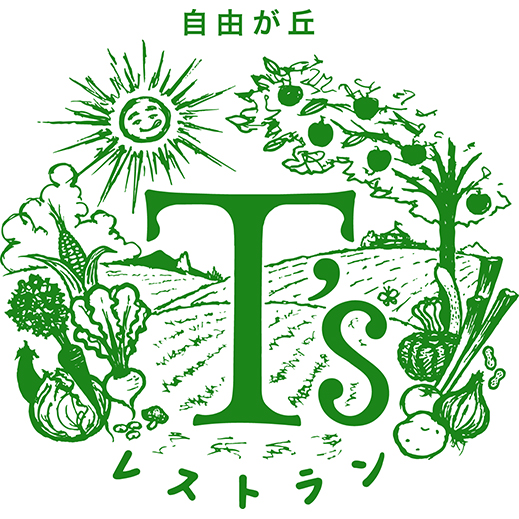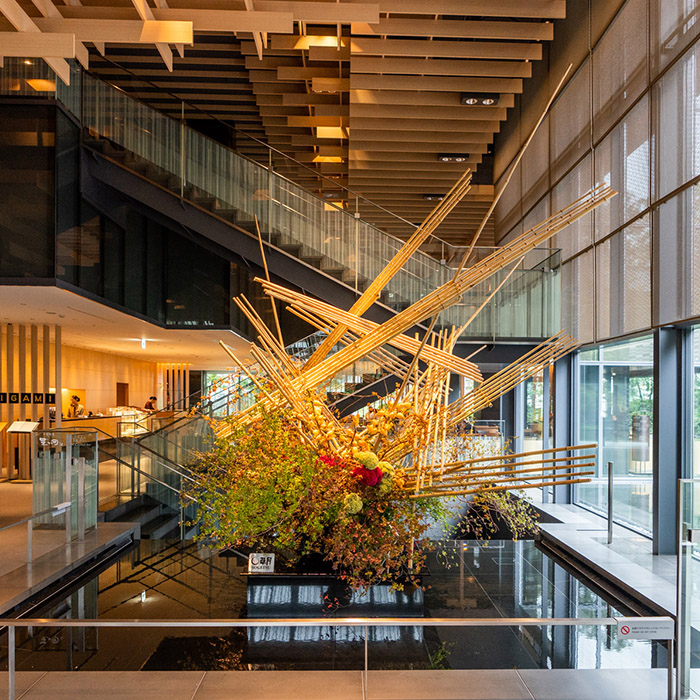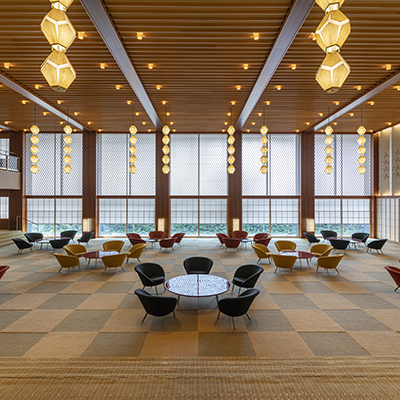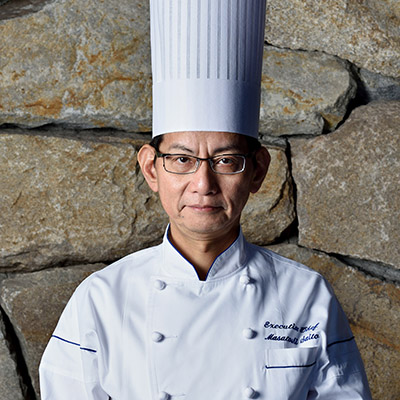September 17, 2024
Hospitality Through Restful Sleep: The Rise of Sleep Tourism

"Sleep tourism” — travel designed around the pursuit of quality rest — is gaining traction. Originating in Europe and the United States amid a growing focus on health and wellness, the trend is now making waves in Japan’s hospitality sector. Hotels and inns are introducing high-performance bedding, optimized lighting, and other room enhancements to create environments that promote deep relaxation.
Some programs go a step further, combining local industries and cultural experiences with restorative itineraries. The idea is to enrich daytime activities that naturally lead to a better night’s sleep, with the added benefit of driving regional revitalization.
Aichi: A Ryokan Built on the Art of Rest
Deep in the forests of Takata Town, Aichi Prefecture, the ryokan ‘Kazeno Tani no Iori’ has made “restful sleep” its core theme of hospitality. Partnering with a renowned bedding manufacturer that produces luxury mattresses and pillows locally, the inn revamped its “Sleep Plan” last year under the guidance of sleep experts.Guest rooms feature premium bedding and relaxation amenities such as pillow aromatherapy and audio recordings of picture books — long trusted by parents to help children drift off to sleep. Dinner menus highlight ingredients like kiwifruit, known to contain compounds that support better rest. Guests can also wind down on the terrace with the soft glow of Mikawa-made handheld sparklers, a local tradition.
Hotel manager Akio Uchida notes, “We want our guests to leave their daily stresses behind and truly unwind. We promise you will feel healed.” The inn also has its sights set on inbound travelers seeking comfort and rejuvenation during their journeys in Japan.
Kagawa: A Model Tour in Sleep Tourism
In June last year, Kagawa Prefecture hosted a pilot sleep-tourism program curated by ZAKONE, a community of bedding companies, pharmaceutical firms, and other sleep-related businesses. Participants harvested farmed oysters, crafted traditional Sanuki lanterns, and stayed in accommodations where every detail — from lighting brightness and mealtimes to pajamas and bath salts — was designed to promote restorative sleep.Feedback was overwhelmingly positive, with comments such as, “I’ve developed a mindset that prioritizes sleep, and I fall asleep faster than before.”
Expert Insight
Professor Naohisa Uchimura, President of the Japanese Society of Sleep Research and Professor Emeritus at Kurume University, warns that the quality of sleep among Japanese people has been declining in recent years. Stress and nighttime exposure to bright smartphone screens are key culprits.“Even those who struggle with insomnia at home may find that a change of pace and environment during travel allows them to sleep better. The demand for sleep tourism will only continue to grow,” he explains.








